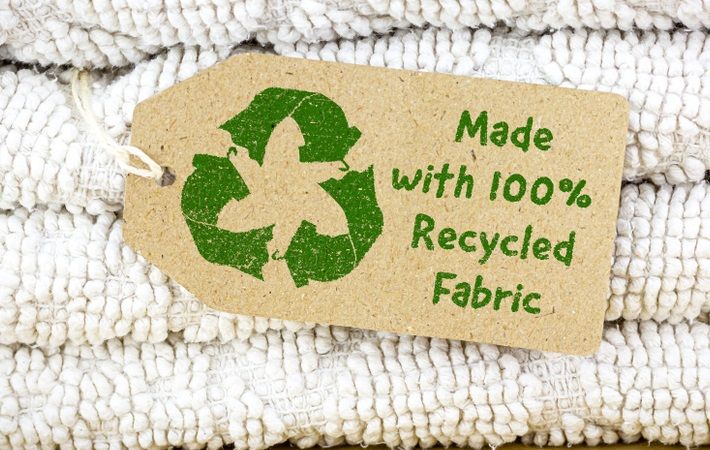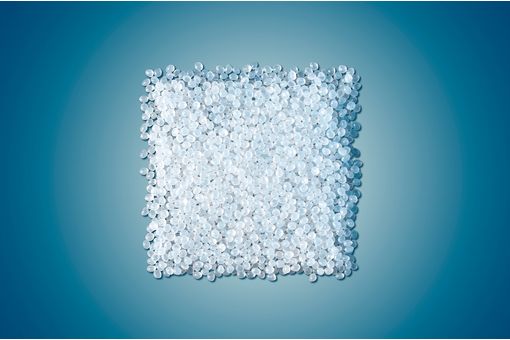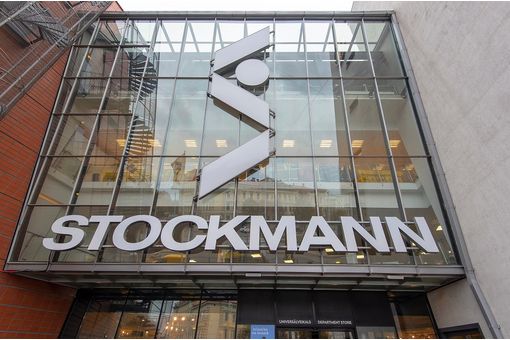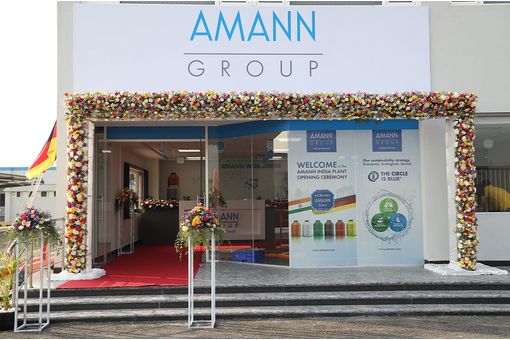France's Carbios takes textile circularity a step further

The achievement confirms, once again, the full potential and breadth of Carbios’ enzymatic recycling process, C-ZYME. This breakthrough innovation makes it possible to produce a wide variety of products of equivalent quality to those of petro-sourced origin from any PET waste, including textiles.
Worldwide, around 90 million tons of PET are produced each year, more than 2/3 of which are used to manufacture fibres. However, only 13 per cent of textile waste is currently recycled, mainly for downcycling, i.e., for lower quality applications (such as padding, insulators or rags). By successfully manufacturing at pilot scale a white PET fibre that is 100 per cent enzymatically recycled from coloured textile waste, Carbios is paving the way for the circular economy in the textile industry. C-ZYME is now on the doorstep of industrialisation and will soon enable the biggest brands to move closer to their sustainability goals, the France-based company said in a press release.
“Thanks to our breakthrough process, it will soon be possible to manufacture, on a large scale, t-shirts or bottles using polyester textile waste as raw material. This is a major breakthrough that gives value to waste that currently has little or no value. It is a concrete solution that opens up a global market of 60 million tons per year of potential raw materials and will help to reduce the use of fossil resources,” Emmanuel Ladent, chief executive officer of Carbios, said.
It needs to be mentioned that from January 1, 2025, the separate collection of textile waste, which is already in place in some countries, will be mandatory for all EU Member States (European Directive 2018/851 on waste). Carbios’ process will be one of the solutions that will enable this waste to be sustainably recovered and included in a true circular economy model.
These technological validations were carried out as part of the CE-PET research project, co-funded by ADEME3. In particular, the project aimed to develop Carbios’ enzymatic PET recycling process on textile waste. The C-ZYME technology is complementary to thermomechanical recycling and will make it possible to process plastic and textile waste deposits that are currently not or poorly recovered. For the validation of this stage of the project, Carbios received €827,200 (€206,800 in grants and €620,400 in repayable advances).
Fibre2Fashion News Desk (RKS)
































-Ltd..jpg?tr=w-120,h-60,c-at_max,cm-pad_resize,bg-ffffff)





.jpg?tr=w-120,h-60,c-at_max,cm-pad_resize,bg-ffffff)
.jpg?tr=w-120,h-60,c-at_max,cm-pad_resize,bg-ffffff)






